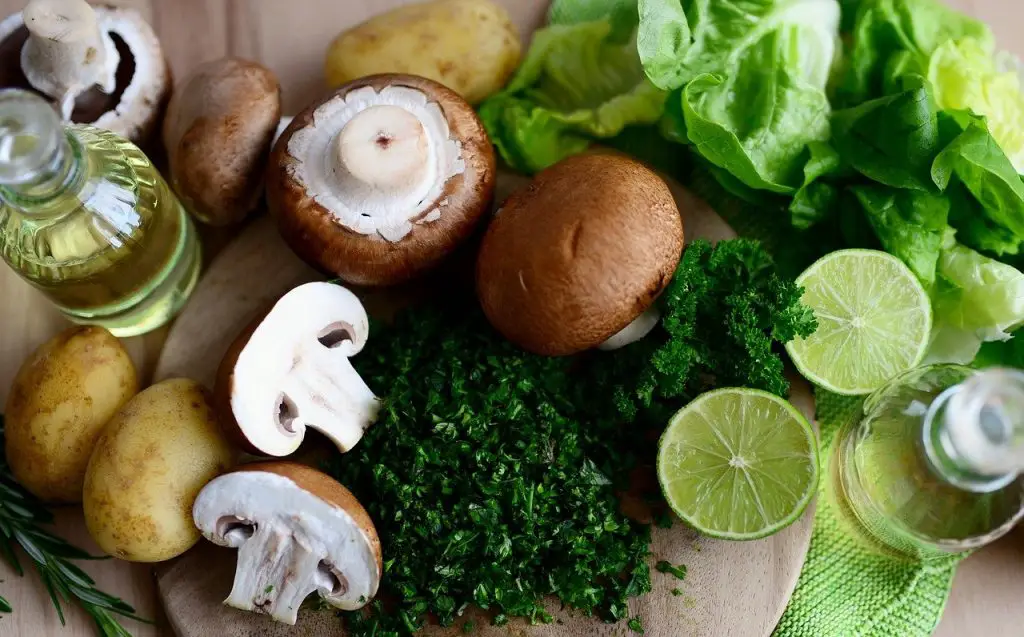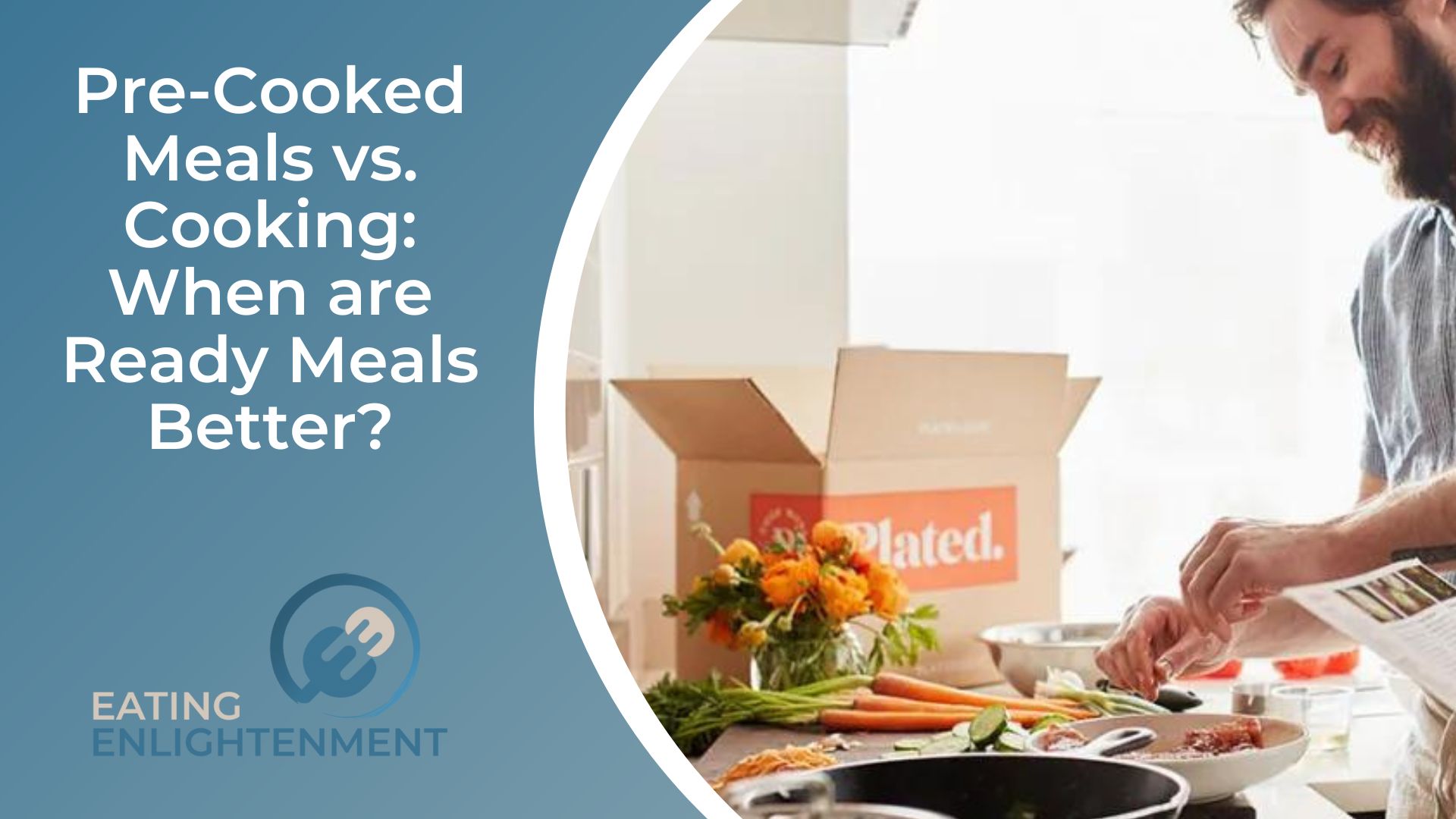Pre-cooked or prepared foods are a relatively new part of the American food culture. Before the 20th century, there was virtually nothing similar to the frozen meals we can purchase at the grocery stores today.
Early pre-cooked meals consisted mainly of jerkies and dehydrated meat designed for long journeys, and they typically sacrificed flavor and nutrition for longevity.
The introduction of pre-cooked frozen meals enabled greater convenience. It allowed wives and single people to quickly provide meals without the hassle of cooking.
In the past several years, more and more people have come to the conclusion that buying pre-cooked or prepared meals is more cost effective for them than cooking from scratch. Here are situations where pre-cooked meals may be more cost effective than cooking.
You live alone
Even people who have cooked for themselves and their families their whole lives will realize that it can cost a little less to rely on prepared foods. While cooking for a large group of people allows a cook to utilize the advantages of buying in bulk, cooking for one often means spending money on ingredients that will go bad before they are completely used up.
Purchasing multiple types of single vegetables is much more expensive than buying several pounds of the same vegetable. The same is true of buying rice, oatmeal, and other essentials.
Take a simple meal such as a bowl of oatmeal. Buying a five pound canister of oats may only cost about $8. While the canister can provide around fifty bowls of oatmeal, however, odds are good that it will start to go bad after a month.
Each bowl may only cost 16 cents a piece for a large family, but a single person will likely only get about 10 bowls of oatmeal before they’re just tired of eating that food. Their oatmeal has an actual cost to them of about 80 cents a bowl.

For about $5, however, it’s possible to buy packets of microwaveable oatmeal. For the cost of 50 cents a bowl, a single person can get breakfast in about two minutes, without the hassle of boiling water and adding spices.
In some cases, it’s possible to use coupons and other deals to get prepared foods for relatively cheap, while the cost of fresh fruits and vegetables can rarely be brought down by these types of bargains. Prepared foods have longer shelf lives, meaning that it’s much more likely a store will mark down cans of soup or give away crackers than it is a person will find a coupon for green onions.
You have a special diet

People on special diets are essentially like single people in that they also have to buy large quantities of ingredients that go to waste. buying prepared foods means that they’re not throwing away food that has gone bad.
In some cases, prepared foods can also help people with health issues to stick to their special diets. By stocking their fridge or freezer with prepared meals that have been pre-screened for allergens and carefully portion-controlled, it’s possible to ensure that any dietary restrictions are being precisely followed.
While this might not save money in the food budget, it does help many people to save a lot of money on their healthcare costs. Even if prepared meals cost an extra $200 a month, it’s worth it if these people can avoid a $500 emergency room co-pay.
You don’t have adequate kitchen facilities
If you’re just starting out, or just starting over, odds are good that you don’t have everything you really need to cook in your kitchen, if you have a kitchen at all. It’s estimated that the cost to completely outfit a kitchen can run anywhere from $1,000 to $25,000.
Of course, few people are able to outfit a kitchen in one day. A lot of people make the mistake of joining a credit program at a major department store, then later on having to go through all the steps to cancel the credit service. Between the costs of interest and the cost for dishes, pots, pans, and utensils, it can often be much cheaper to just rely on prepared foods.
Of course, the ideal scenario is to only rely on prepared foods for a short time while slowly building a kitchen collection. To save money, shop at thrift stores and garage sales. Estate sales tend to have a lot of dishes and other kitchen items priced very cheaply, and often they have good, high quality brands.
Start by buying a set of cheap dishes, a frying pan, and a small set of utensils such as silicon spoons and spatulas. This is often enough equipment to brown ground beef or saute chicken pieces, giving you a lot of possibilities for meals at home. As you can, add in sauce pans, cookie sheets, and other kitchen essentials.



